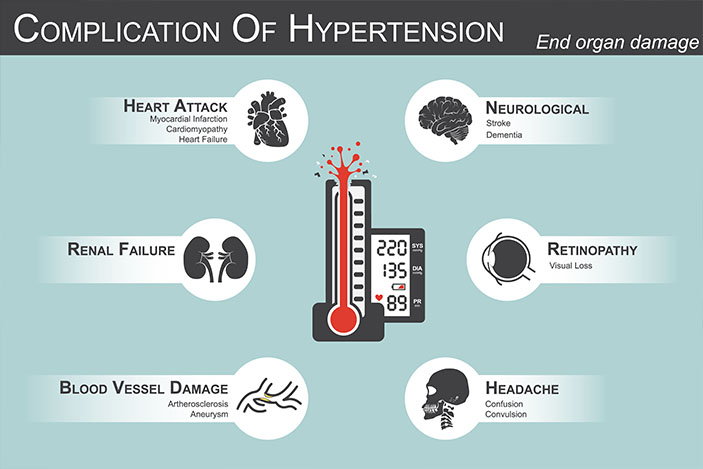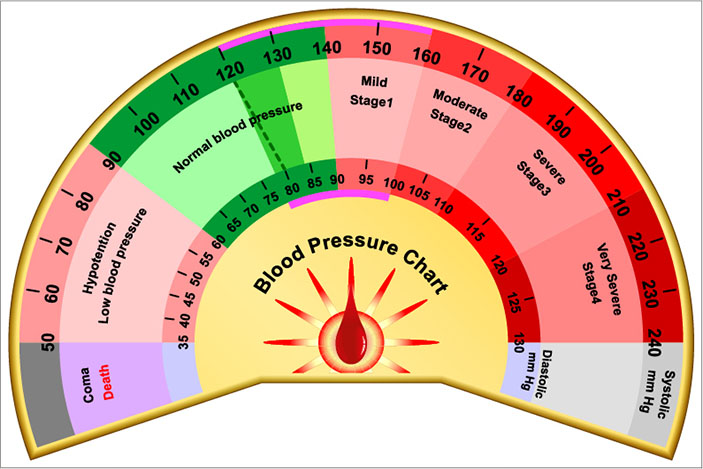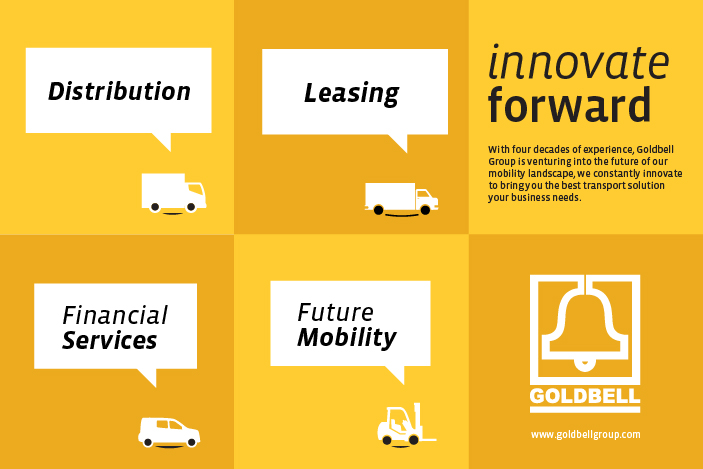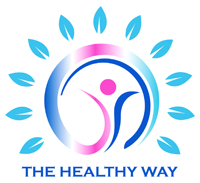AS WE age, we are likely to face more age-related medical conditions such as hypertension.
Studies have shown that hypertension is a common health problem among the elderly.
According to HealthHub, hypertension affects more than half of Singaporeans aged 60 to 69, and 1 in 5 aged 18 to 69. Globally, hypertension is widely recognised as a major risk factor for heart disease, stroke and kidney disease.
What Is Hypertension?
Hypertension or high blood pressure is a chronic health condition in which blood pressure in the arteries is consistently elevated. When you are suffering from hypertension, you will have a persistent blood pressure reading of 140/90 mmHg and above.
This means that your heart is working harder than it should and your blood vessels are constantly under great strain.

If left unchecked and uncontrolled, high blood pressure can over time:
- Cause damage to the inner lining of your blood vessels;
- Weaken blood arteries which can potentially lead to internal bleeding;
- Block blood flow and oxygen supply to your heart muscles and brain;
- Affect kidney’s ability to remove excess water and waste products from your blood.
Understanding Blood Pressure Readings
Systolic blood pressure refers to the pressure of blood flow in the arteries when your heart beats. Systolic blood pressure can increase with age as a result of stiffening arteries.
Diastolic blood pressure refers to the fall in blood pressure in the arteries when your heart relaxes between beats.
Blood pressure readings are expressed as a ratio of the systolic blood pressure (the first number), over the diastolic blood pressure (the second number).
A normal level of blood pressure ranges from 90/60 mmHg to 120/80 mmHg.
High blood pressure refers to when a person’s blood pressure is persistently above 140/90mmHg.
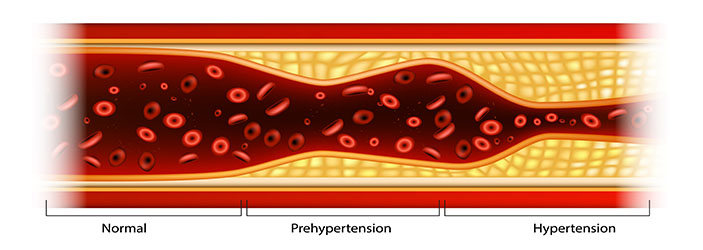
You Might Also Like To Read:
The Treatment Of Ankle Sprains
The Good And Bad Of Cholesterol
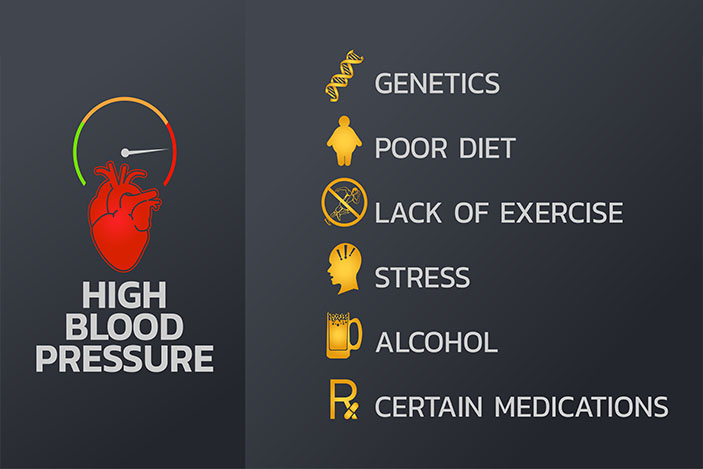
Risk factors
Patients with severe hypertension may occasionally experience dizziness, blurred vision or headaches. However, these symptoms are not exclusive only to hypertension and may be overlooked. In some cases, hypertension is only discovered when complications such as stroke, heart attack or renal failure occur.
“For early detection, it is advisable to visit your family physician or monitor your own blood pressure at home regularly to make sure it is within the normal range”, recommends Dr Vincent Chong.
Risk factors for hypertension include:
- Family medical history.
- Age — The chances of hypertension may increase significantly from the age of 40 onwards. Majority of individuals being affected by hypertension are between the ages of 60 to 69.
- Diet — Consuming food that is high in cholesterol and salt. Example butter, fatty or processed meats and full-fat cream. Potassium helps to balance the amount of sodium in the blood cells. Inadequate intake of potassium such as fresh fruits and vegetables may cause your body to accumulate sodium in your blood.
- Inactive lifestyle — Not being physically active due to the lack of exercise will put more stress on your heart. As such, your heart has to pump harder in order to supply sufficient blood and oxygen to your body
- Negative habits — Smoking and excessive alcohol consumption.
Prevention And Diagnosis
If you have hypertension or are at risk of having it, you should go for regular health check-ups.
You may measure your blood pressure in the comfort of your home before calibrating your readings with your doctor.
Marginally elevated blood pressure may normalise with these preventive measures:
- Monitor your blood pressure regularly
- Maintain an ideal weight according to your height
- Follow a healthy diet
- Exercise regularly
- Quit smoking
- Manage your stress level
- Moderate your alcohol intake
- Take your blood pressure medication on time as prescribed
The Healthy Way is a regular health series developed for STORM.SG by Healthway Medical. If you have specific queries, please do email us at health@storm.sg and we will ask the panel of experts for their advice. Do note that only selected queries will be addressed.
How To Check Your Own Blood Pressure
- Relax and sit on a chair with your feet on the floor and back support for three to five minutes.
- Avoid exercise and cigarettes for at least 30 minutes before measurement.
- Empty your bladder.
- Remove all clothing covering the location of the cuff placement.
- Neither the patient nor the observer should talk during the rest period or during the blood pressure measurement.
- Take an average of at least two readings obtained on at least two occasions for an average of your blood pressure level.
- If your blood pressure reading is persistently more than 135/85mmHg, consult your doctor immediately.
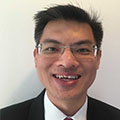 Dr Vincent Chong is a senior family physician with Healthway Medical Group. With 18 years of experience, he is actively involved in mentoring NUS medical students as an adjunct lecturer.
Dr Vincent Chong is a senior family physician with Healthway Medical Group. With 18 years of experience, he is actively involved in mentoring NUS medical students as an adjunct lecturer.
Images: Shutterstock















